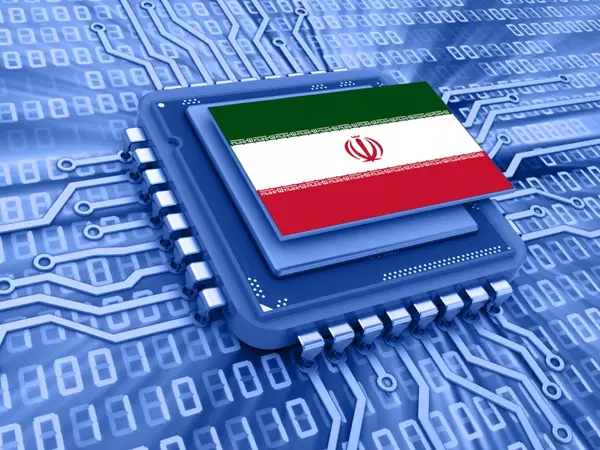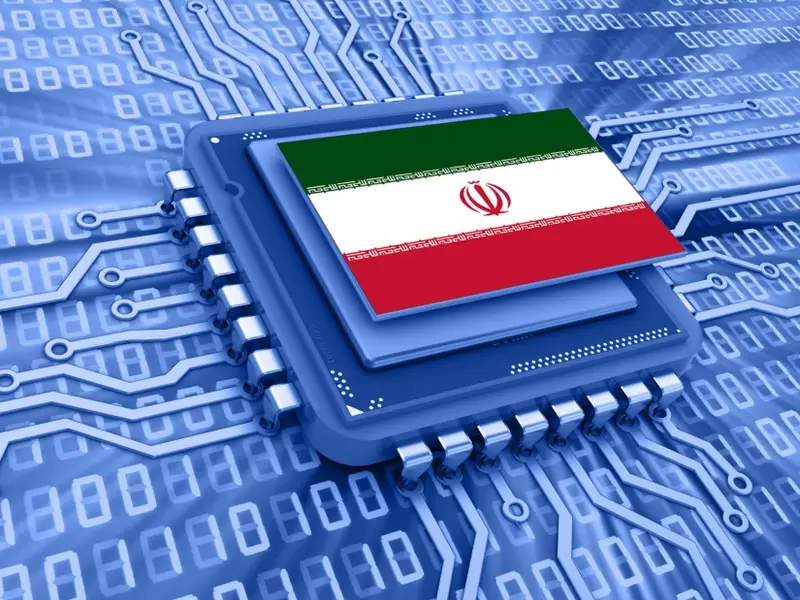The Raisi administration has allocated millions of dollars to advance Iran's national internet infrastructure in an attempt to tighten control over information flow and curb the influence of external media.
The new budget is part of a broader allocation for the Ministry of Communications and Information Technology, which has seen a 25% increase from the previous year, totaling over 195,830 billion rials (approximately $300 million USD).
The government's financial strategy also includes over 150,000 billion rials (over $220 million USD) designated in miscellaneous credits, with a substantial portion aimed at broadening the scope of the national information network. The move underscores a continued push towards a more isolated and state-controlled digital environment, despite mounting domestic and international criticism.
Platforms such as Instagram, X, Facebook, Telegram are not accessible in Iran as a result of the government’s filtering policy, leaving millions unable to work, many small businesses dependent on social networks, especially in remote rural areas and women-run enterprises.
Documents from the Information Technology Organization reveal that the ministry is intensifying efforts to segregate and minimize the national information network’s dependency on the global internet to toughen crackdowns. The shift comes at a time when Cloudflare, a major cloud services provider, has noted a consistent decrease in internet traffic from Iran over the past two years, suggesting increased network isolation.
Compounding the situation are widespread internet disruptions that have plagued consumers and businesses alike, sparking discontent across the country. The Tehran Chamber of Commerce recently called on the government to reassess its approach to internet policy, emphasizing the negative impact of current practices on the business community and the broader economy.

